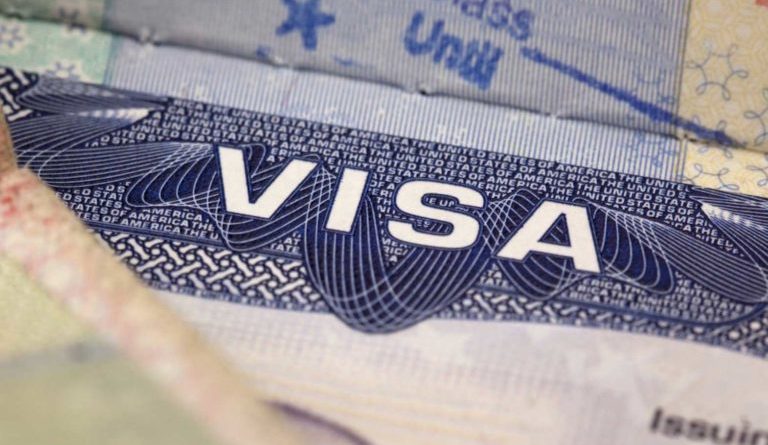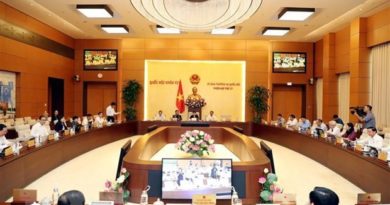OPINION-US VISA | IMMIGRATION CORNER- ESQ I forgot I was married!
Many immigration benefits require an applicant to either be unmarried (single) or legally married. For example:
• If a person is being petitioned as unmarried (or single) by an immigrant parent (F-2B), they cannot be married from the time the petition is filed until after they receive their green card. Marriage at any time before receiving the green card will void the petition. If they were married, the marriage must have been terminated before the F-2B petition was filed.
|
|
• If the petitioner is a US citizen parent and the beneficiary marries, the petition will be reclassified from single (F-1) to married (F-3), where the waiting time would be 10 or more additional years.
• If a child is a derivative under their parent’s petition and gets married, they are no longer included in the petition, even if they are under 21 years of age.
|
|
• If a person wants to be petitioned as a “spouse,” then they must be “unmarried” at the time of the wedding. A person is considered “unmarried” if: they have never been married; they are a widow/widower or they had their marriage terminated through divorce or annulment. If they have any previous marriage(s), all the previous marriage(s) MUST be terminated before they can marry the next spouse. Otherwise, the second marriage would be considered void as bigamous and the new spouse would therefore not be in a position to lawfully petition their spouse.
Filipinos can be very creative in interpreting what it means to be “unmarried” or why, when a marriage is discovered, they should still be considered single. I often remark that there is the official Philippine Family Code, and then there is the Filipino Family Code, which contains myths and misconceptions. Some of the reasons or excuses I have heard include:
• I thought the marriage contract wasn’t going to be recorded. It was supposed to be “secret.” I paid someone at City Hall to make sure that it would not be recorded. If you went through a ceremony, you are considered married, whether or not the marriage contract is recorded. A secret marriage is typically secret only to the parent.
• I was drunk, forced or didn’t get my parents’ consent. Therefore, the marriage is void. Even if a marriage is void or voidable, you still need a Philippine court decree.
• I don’t remember getting married, although I remember some documents were sent to me and I signed without reading. I think the embassy would have a hard time accepting this excuse, that you would sign a document with the words “marriage contract” across the top and not realize what you were signing or without reading it.
The embassy relies on the official Philippine Family Code, not the excuses or rationalizations sometimes provided by people caught with an undisclosed marriage. The embassy will also check records at the PSA (Philippine Statistics Authority) and if your marriage contract is discovered, your visa would be refused and you could be charged with fraud.
If you were previously married and your immigration eligibility depends on being unmarried or lawfully married, and you have any questions or concerns about your marital history, you should consult with an attorney.
In fact, I remember one case where a married couple consulted with me on a Thursday in connection with their marital interview the next Monday. The Filipino wife said that she suddenly remembered she was still married to someone in the Philippines and had forgotten about it until now. We were able to immediately cancel the marital interview, have her obtain a divorce, remarry her US citizen spouse and he petitioned her based on the remarriage, as she was only then considered unmarried. Imagine if they had gone forward with their interview and the previous marriage was discovered! That’s why I recommend you consult with an attorney versus relying on the “Filipino Family Code.”
|
|
* * *
WEBSITE: www.gurfinkel.com
Follow us on Facebook.com/GurfinkelLaw, YouTube: US Immigration TV and Instagram.com/gurfinkellaw
Four offices to serve you: Los Angeles; San Francisco; New York: Toll free number: 1-866-GURFINKEL (1-866-487-3465); Philippines: +632 88940258 or +632 88940239
|
|













